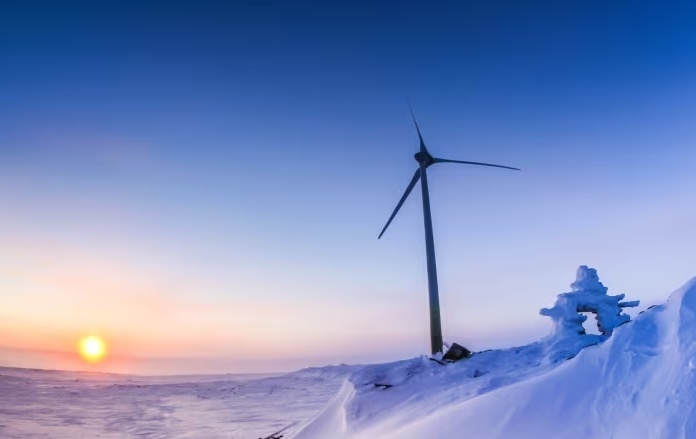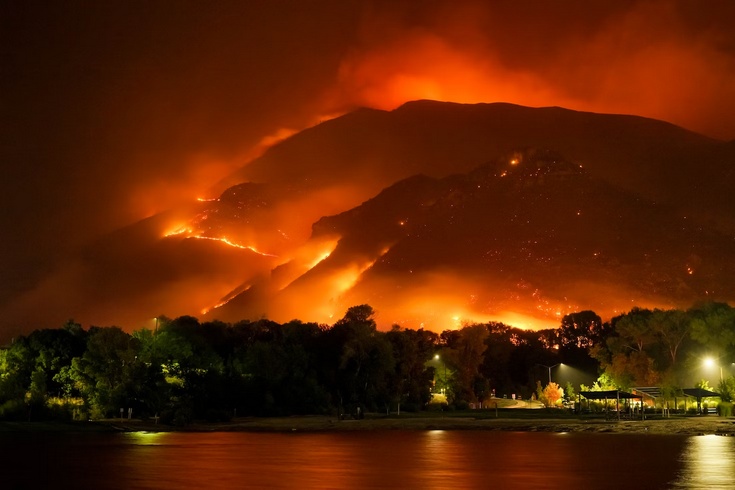September 20 NEC Energy News
¶ “Sanikiluaq Wind Project Represents Major Shift In Nunavut Renewable Energy Policy” • A lone windmill in Sanikiluaq, Nunavut, which is expected to produce enough power to cut the community’s reliance on diesel fuel by half, is all but a done deal as the Qulliq Energy Corporation and the Nunavut Nukkiksautiit Corporation are set to sign an agreement. [CBC]

¶ “Possibly Contaminated Iron Scraps From Near Fukushima Plant Sold” • Workers at a demolition site near the meltdown-stricken Fukushima Daiichi nuclear power plant took and sold iron scraps from waste possibly contaminated with radioactive materials, according to officials in the Japanese Environment Ministry. [The Japan Times]
¶ “Free electricity: Is it really fair?” • Free electricity? It sounds too good to be true, but that’s what two companies are offering in a bid to shift demand to when power is plentiful. As solar and wind farms grow all the time, our electricity grid is increasingly complex, and the solar and wind farms are paid to shut down. Two companies are working on an alternative. [BBC]
¶ “Insurance Majors Held Fossil Fuels Assets While Cutting Coverage Due To Climate Risks” • A report shows that the US insurance sector held $536 billion in fossil fuel-related assets in 2019, despite some insurers citing climate-related risk and natural disasters as factors in raising premiums or dropping coverage in high risk regions. [CleanTechnica]

¶ “A Haunted Australia Stares Down Bushfire Disaster Again” • As Australia edged into spring in 2019, former fire brigade chief Greg Mullins warned the country was disastrously primed to burn. Over and over, he begged to be heard, but his pleas fell on deaf ears. His warnings, however, came true. Now, he is sounding the alarm again. [BBC]
¶ “Horrific Libya Flooding Made Up To 50 Times More Likely By Planet-Warming Pollution, Scientists Find” • The World Weather Attribution initiative, a team of scientists that analyze the role of climate change in extreme weather events, found that planet-warming pollution made the deadly rainfall in Libya up to 50 times more likely to occur and 50% worse. [CNN]
For more news, please visit geoharvey – Daily News about Energy and Climate Change.
